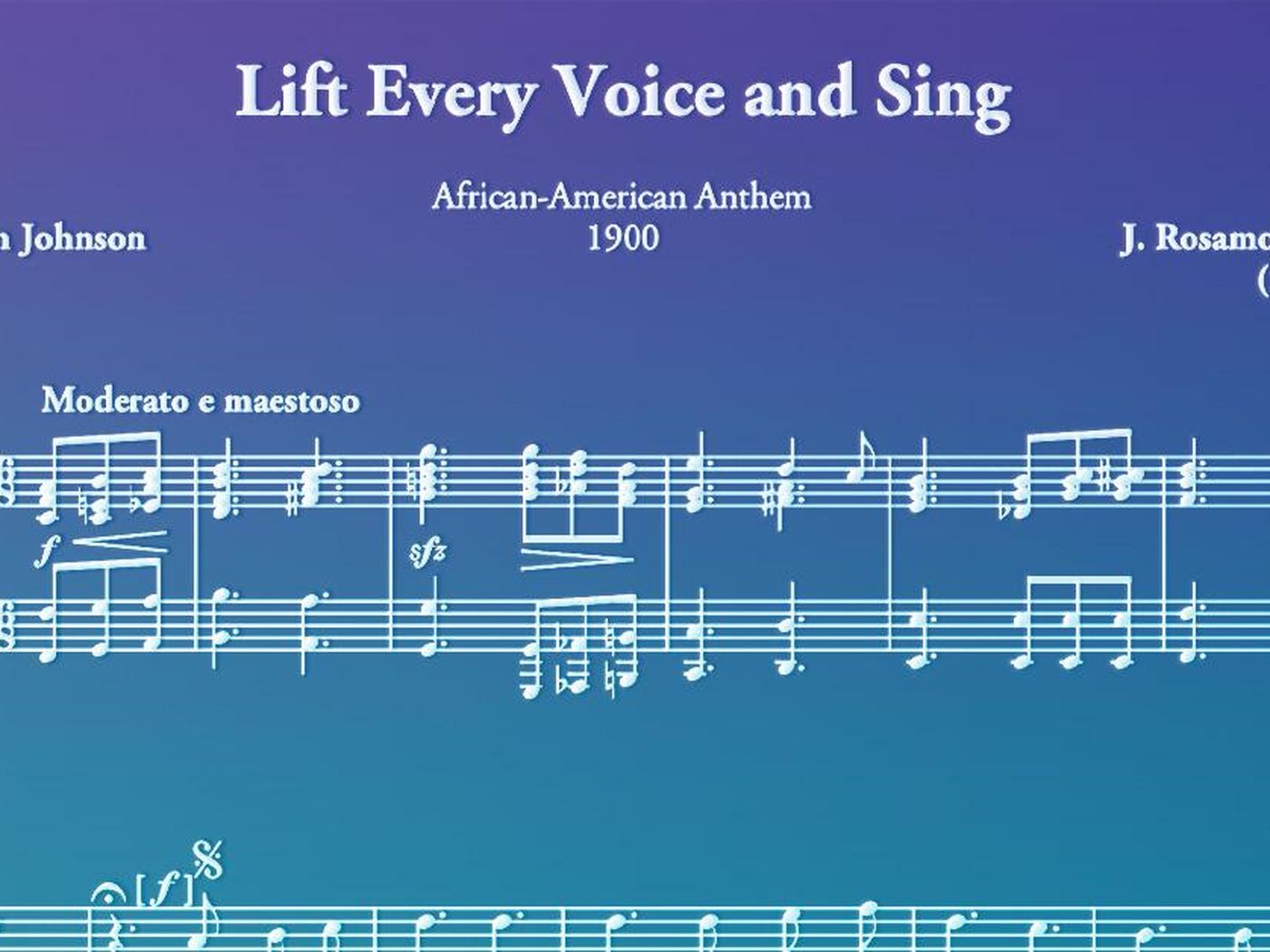

The current controversy surrounding our national anthem is reminiscent of the recurring debate on whether the Constitution is inherently racist. The bottom line, as Professor Clague concludes, is that the Star Spangled Banner is not racist. Key’s lyrics, which eventually became our national anthem, honor and celebrate those heroes, both black and white.
#American national anthem lyrics racist free
The reference to slaves is about the use and in some sense manipulation of black Americans to fight for the British, with the promise of freedom.” Significantly, the American forces defending the Fort from almost certain annihilation included both free and escaped Americans. Mark Clague, a University of Michigan musicologist, who also serves as chairman of the Board of the Star Spangled Music Foundation, concluded in a September 2016 interview with the New York Times that the anthem “isn’t about slavery and doesn’t treat whites differently from blacks.
#American national anthem lyrics racist professional
During the War of 1812, the British were severely criticized for using soldiers hired as professional mercenaries (hirelings), as well as a group, which came to be known as the Corps of Colonial Marines, that consisted of escaped black American slaves who were promised their freedom in return for fighting the British. The accepted historical context for the passage being condemned is not very complicated. The song was recognized as our national anthem as far back as 1889 and was adopted officially by legislation signed into law by Herbert Hoover in 1931.

As we learned in elementary school, Francis Scott Key wrote the Star-Spangled Banner in 1814, as he watched the bombardment of Fort McHenry near Baltimore by the British during the War of 1812. To understand the fallacy of these arguments denouncing our national anthem requires an understanding of the historical content in which the song was written. In August 2016, Jon Schwartz, in an article appearing in the Intercept, claimed Kaepernick’s protest of the anthem was justified “because it literally celebrates the murder of African-Americans.” These reactions are both historically inaccurate and imprudent as needlessly fueling an already acrimonious controversy. The claim that the Star-Spangled Banner is racist seems to be based primarily on a single line in the little known and rarely sung third stanza, which reads “No refugee could save the hirelings and slave from the terror of flight or the gloom of the grave.” This short passage previously has sparked claims of racism. The organization claims that it must be replaced because it is “one of the most racist, pro-slavery, anti-black songs in the American lexicon.” The President of the CA chapter of the NAACP, Alice Hoffman, stated, “It doesn’t represent our community. In what may be viewed as an attempt to rationalize the focus of the social justice debate on the national anthem, the California chapter of the NAACP last week circulated draft legislation to the state legislature seeking to replace the Star-Spangled Banner as our national anthem. Just when we think our divisions could not worsen, we are proven wrong.

The issue has now spread into a national controversy, which has further divided an already deeply fractured nation. President Trump did little to calm what has become a very emotionally filled debate when he called on NFL owners to fire players who engaged in protests during the playing of the national anthem. The refusal of Colin Kaepernick to stand for the anthem at an August 2016 49ers game sparked a national controversy. As we all know, our national anthem has become a focal point for the social justice debate.


 0 kommentar(er)
0 kommentar(er)
